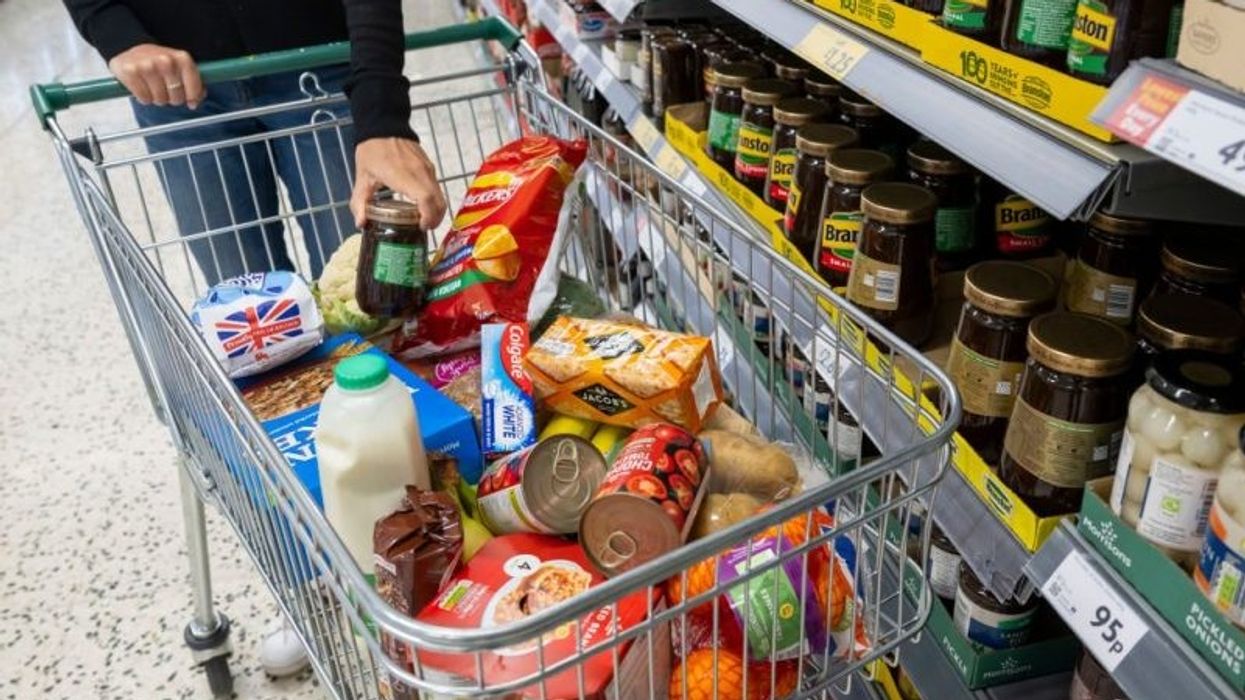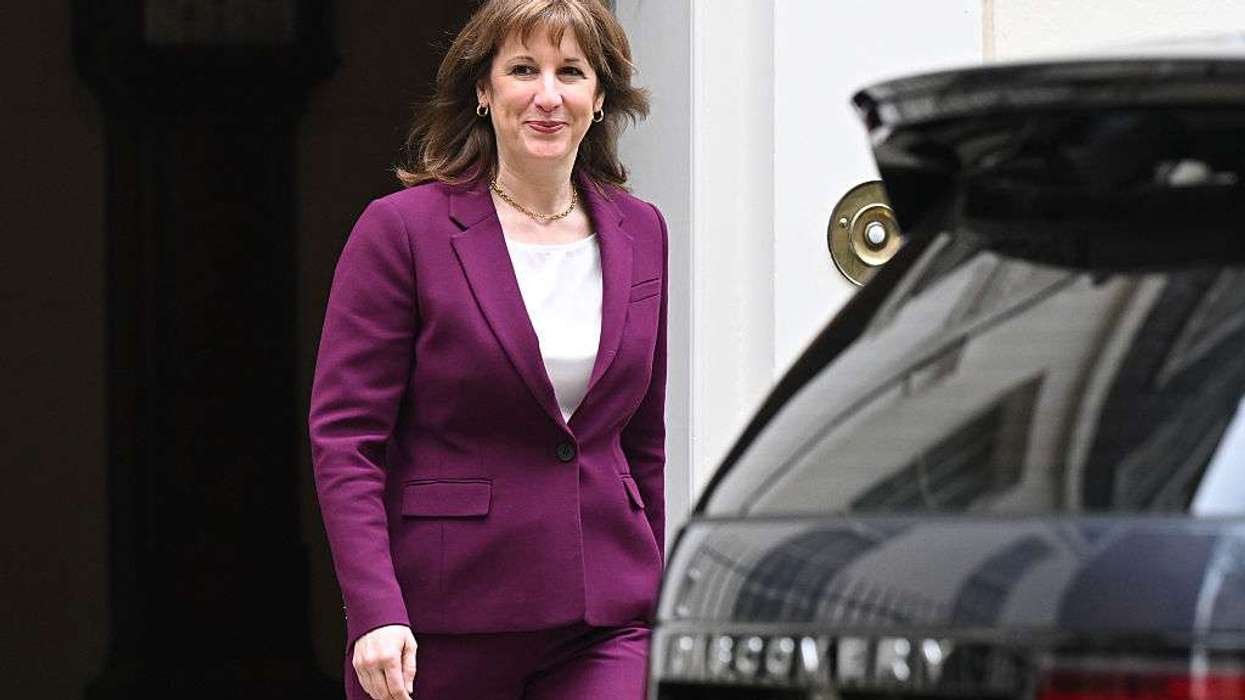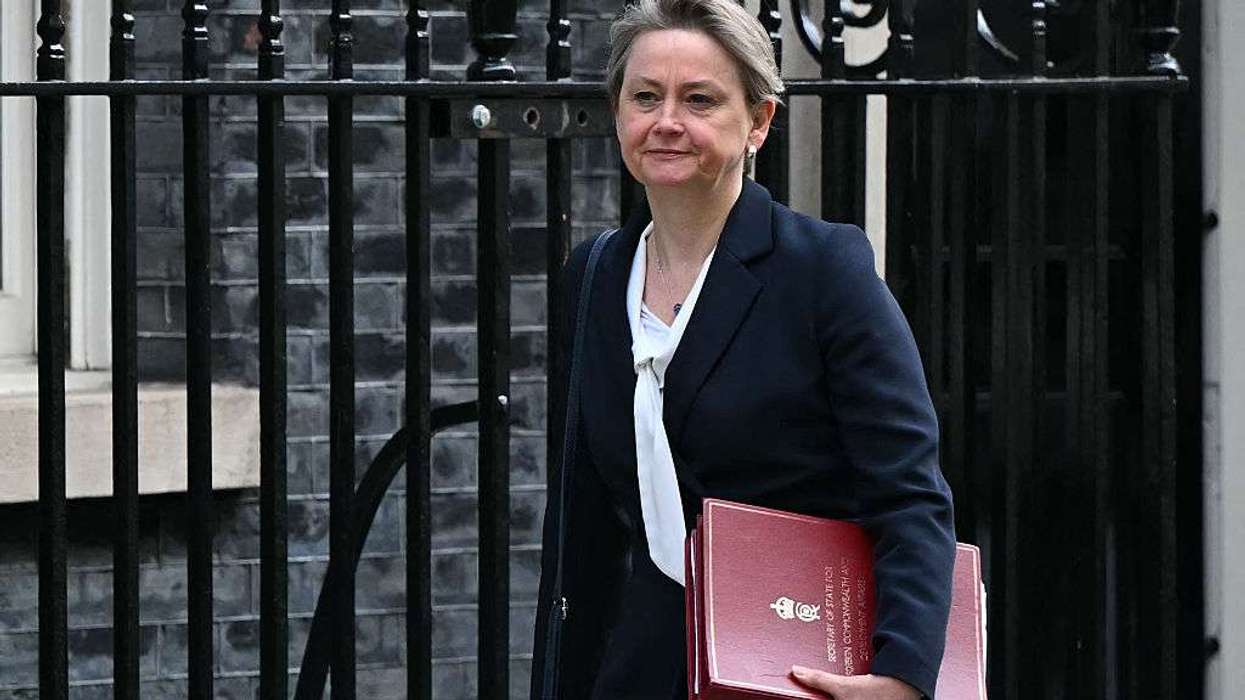THE UK's annual inflation rate rose more than expected in April due to sharp increases in energy and water bills, according to official data released on Wednesday.
The Consumer Prices Index reached 3.5 per cent last month, up from 2.6 per cent in March, the Office for National Statistics (ONS) said. Analysts had expected a rise to 3.3 per cent.
At 3.5 per cent, the inflation rate was the highest since the start of 2024, the ONS said.
"I am disappointed with these figures because I know cost of living pressures are still weighing down on working people," chancellor Rachel Reeves said.
From April, UK regulators allowed private companies to raise household utility bills, reflecting changes in oil and gas markets and the financial positions of water companies.
"Significant increases in household bills caused inflation to climb steeply," ONS acting director general Grant Fitzner said.
"Gas and electricity bills rose... compared with sharp falls at the same time last year," he said.
He added, "Water and sewerage bills also rose strongly... as did vehicle excise duty, which all pushed the headline rate up to its highest level since the beginning of last year."
Analysts expect energy bills to fall from July, following recent declines in oil prices after US President Donald Trump's tariffs actions.





